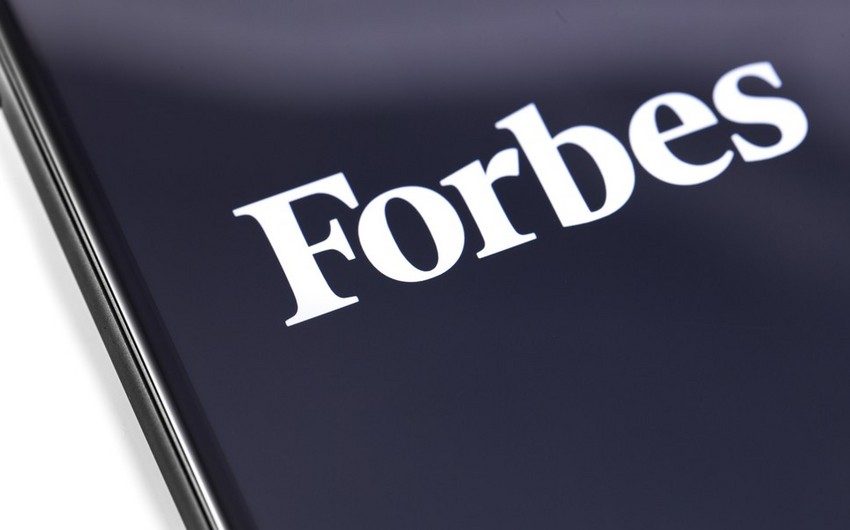When it comes to brand value, it's hard to topple Big Tech. On Forbes' 2020 list of the 100 most valuable brands, the top five are the same as last year: Apple, Google, Microsoft, Amazon, and Facebook. And while the first four have maintained or increased their pace of growth, Facebook has fallen. The social network's brand value declined by 21% between fiscal-year 2018 and fiscal-year 2019.
Several brands had notable shifts in the , examining financial data from the previous fiscal year. Visa rose from 25th to 18th, Adidas went from 61st to 51th, and Netflix jumped from 38th to 26th. Some luxury brands also saw significant changes, with Chanel going from 79th to 52nd and Cartier from 64th to 56th.
This year's list includes several newcomers: Nintendo, Hennessy, Burger King, and AXA are in the top 100. Meanwhile, some of the companies with the biggest losses were legacy tech companies like GE, HP Inc., and IBM, which saw total values decrease by 14%, 12%, and 10%, respectively. Phillips, Hewlett Packard Enterprise, and Kellogg's were knocked off this year's rankings entirely.
"There's a stickiness to brand value that's pretty astounding when we think about it," said Christie Nordhielm, a marketing professor at Georgetown University. "So at the same time that tech and the new brands are taking off, there is a stickiness to brand—both specific and corporate brands. And that ladders up to brand valuations, and sometimes that stickiness gives the false sense of security that can go badly. Just like everything we're experiencing now, there is a lag effect."
Notably higher this year was Walmart. The retailer's brand value increased 12% year-over-year to $29.5 billion while jumping in the ranks from 26th to 19th.
"Walmart has been putting a lot of effort into modernizing their delivery and trying to compete," Nordhielm said. "They're up against Amazon, and that's a tough competitor, but Walmart is not a shrinking violet. They're not going to go down quietly. In a sense, Amazon is helping Walmart and forcing them to raise their game."
There were also some big drops, especially in the auto sector. While Mercedes-Benz fell from 17th to 23rd and BMW dropped from 21st to 27th, Nissan has been knocked off the list entirely—falling from 81st just a year prior. Other declines in rankings included Wells Fargo (42th to 69th) and KFC (86th to 96th).
According to Tim Calkins, a marketing professor at Northwestern University's Kellogg School of Management, brand value often falls because companies have a hard time defending brand positioning. As a result, companies can struggle with competition, leading to declines that reflect the pressure put on them.
"HP (Inc.) is a brand that's struggled to define itself," Calkins said. "The best brands are well defined. When you have a brand that loses its distinctive meaning, it is almost always going to struggle in the market and then the valuations."
Older brands with newer competitors also saw losses in value and ranking. For example, Gillette continues to face mounting pressure from startups like Harry' s—which was acquired last year for $1.4 billion by Edgewell Personal Care, the parent company of Schick—and Dollar Shave Club Unilever bought in 2016 for $1 billion.
Next year's top 100 could look different from this year's as the fallout from the Covid-19 crisis, and the economic downturn continues to affect both the largest and smallest companies worldwide. But as for now, companies with significant gains in 2019 like Amazon, Netflix, and PayPal also seem on track to be big winners during the pandemic when it comes to trends in e-commerce, streaming, and shifts in payments.


 https://images.report.az/photo/67fc8668-59b1-459a-b7f9-92c0b7a6d6fc.jpg
https://images.report.az/photo/67fc8668-59b1-459a-b7f9-92c0b7a6d6fc.jpg

